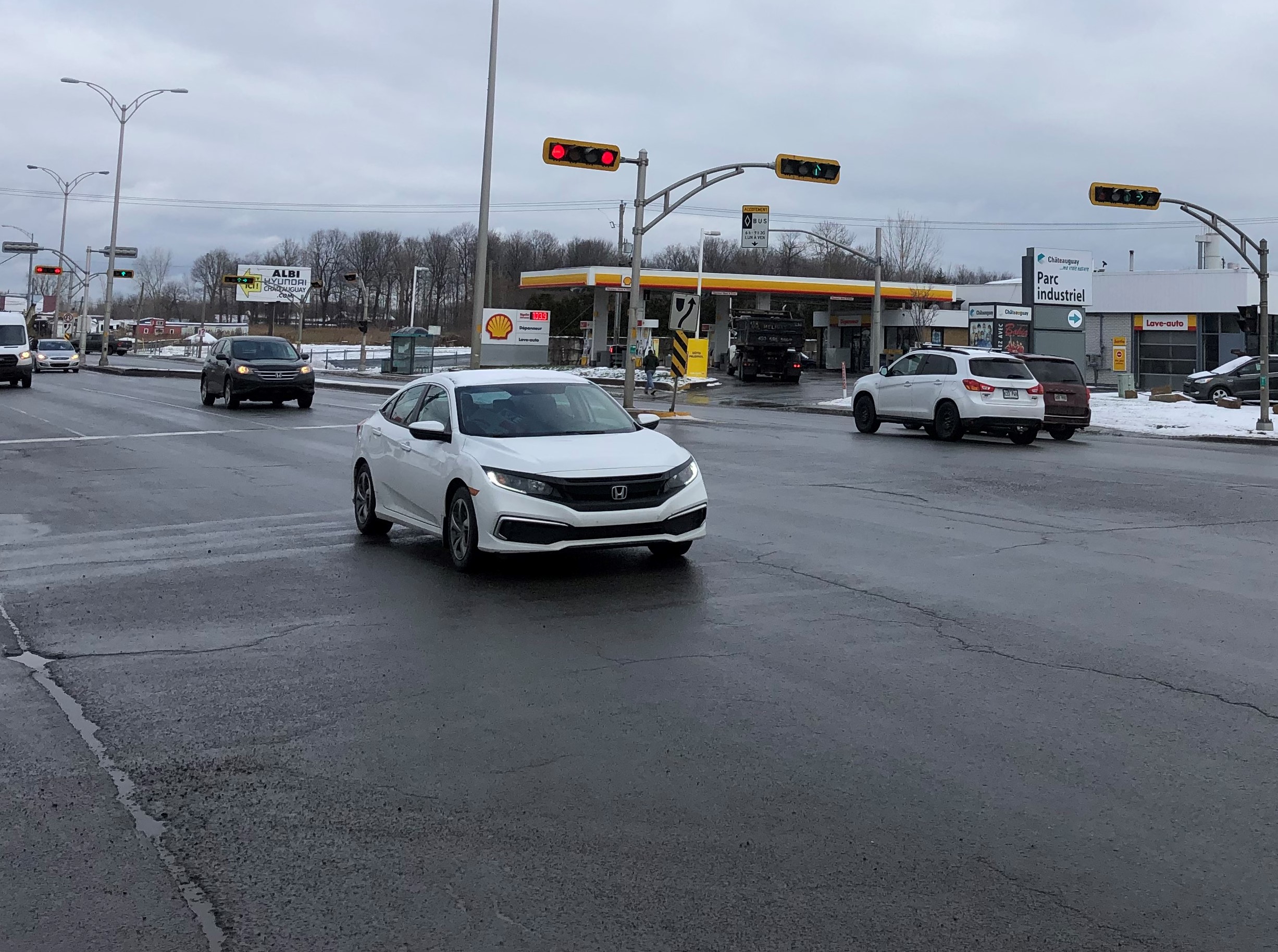English stories
Significant surplus for City of Chateauguay : Mayor wants to pay cash for big project
le vendredi 11 décembre 2020
Modifié à 14 h 40 min le 11 décembre 2020

The City of Chateauguay has at its disposal a significant accumulated surplus. Mayor Pierre-Paul Routhier is counting on this money to pay cash for a big project.
As of December 31, 2019, Chateauguay’s accumulated surplus was $23.5 M. Why is the municipality putting so much money aside?
“This year the City is using $4.4 M. and there are also some major projects that the City must finalize,” explained the Mayor, “One of the most important projects, in my mind, is the one that joins together St. Francis and Industrial Blvds. There are some wakeup blows we must give ourselves to bring us back to what I would call a more modern state. There are going to be some very important expenses to support that. It’s the type of service that must be paid out of the surplus,” he responded to a question from Le Soleil de Chateauguay at a press conference on Thursday.
“The City of Chateauguay is an old city,” the first magistrate continued, “therefore there are some wakeup blows we must give ourselves to render it in a state that I would call more modern. Among other things, I go back to the example to join the two boulevards. It is indispensable. It is unthinkable when you arrive in a city that you have two traffic lights just a few metres away from each other. It’s that type of thing and there are other projects of that nature as well.”
Estimated at $10 M, the alignment of Industrial Blvd. and St. Francis is essential according to the Mayor, to produce the entire district of a high residential density, or TOD, which began to materialize at the entrance of the municipality. ”As long as this is not done, we are blocking the development,” he noted. He added that the TOD development was going “to bring in new taxes for future generations.”
No referendum
The Mayor believes that the City should not proceed with a loan bylaw, submitted for the approval of the citizens in order to move forward. “I don’t believe that we should have a loan bylaw. I believe that instead, in my opinion, it is going to depend on council agreeing on the decision, but it seems to me that it would be an excellent use of it fitting like a woollen stocking in order to settle this problem once and for all,” he affirmed.
By not proceeding with a loan bylaw, the City avoids an eventual request to hold a referendum, which could clear a possible blockage from citizens. “We cannot permit ourselves to expose the City to a refusal,” Routhier specified. “Exposing ourselves to a refusal to join together these two boulevards would be to keep the city in the logic of the 1970s or 1980s. And that would create quite a problem. If that happens, we will not have a TOD development here as long as that problem is not resolved.,” he concluded.
He evoked that he would still be able to have a type of citizens’ consultation, if the case may be.
(Translation Dan Rosenburg)